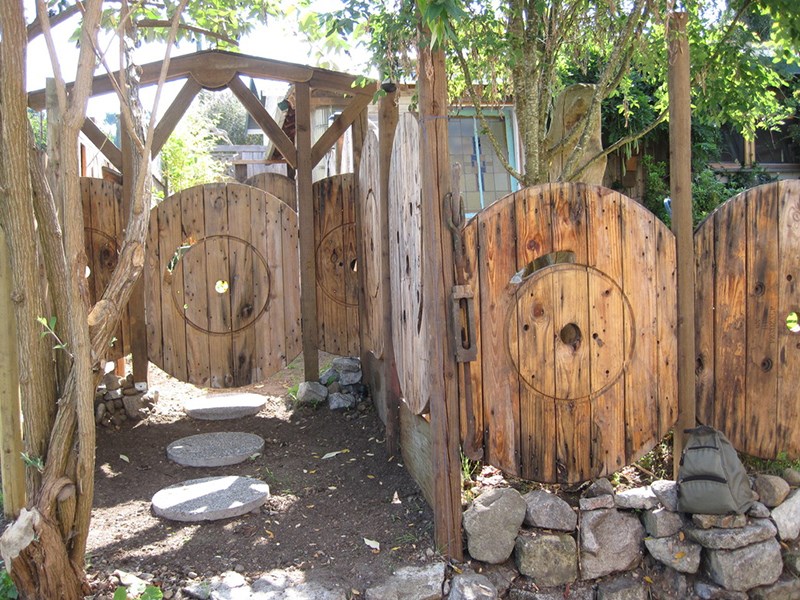One person’s trash is another person’s treasure. This accounts for why secondhand shops, consignment stores and restores like Habitat for Humanity are thriving.
We all want a deal, and also to rid our basements and attics of clutter. Recycling depots work on this model, as well, taking our so-called waste and translating it into a resource.
These closed loops are nature’s way, too. Leaves turn into a worm’s feast, which then nourish the roots of the tree. Sometimes the complexities of how the natural world does its accounting are spectacularly detailed, with entire networks of fungal mycelia, microorganisms and furry critters all getting in on the exchange.
What if all the planet’s materials were managed in this way? Imagine a world where products were designed for disassembly and reuse, with hubs where artists created inspiring works out of discards, and renovation supplies were available at half the cost but doubly unique. Some dreams can come true, especially when we all come together to make them a reality.
We love tapping into the power of the collective; it’s just that finding what we want, when we want can prove to be the challenge. This is the convenience of having depots and waste recovery businesses available to store and transfer resources. Powell River has started to facilitate ease in recycling with its depots that accept a wide variety of materials all in one place. Already residents can drop off anything from household batteries, to kitchen scraps, to a broken coffee machine in one go.
Exciting times are afoot for qathet Regional District (qRD) in the years to come that will see an expansion of these one-stop drops. The heart of town will host a resource-recovery centre (RRC) and transfer station. Located on the site where garbage used to be burned in an incinerator, the RRC vision is to bring together all available recycling and waste diversion programs, a waste reduction education centre, and the opportunity for diverting construction and demolition materials like wood waste, fixtures and more from the waste stream, bringing the region a significant step closer to being zero waste.
On January 21, from 6:30 to 8 pm, all people, groups, organizations and businesses interested in the waste materials (glass, rubble, fabrics, furniture, wood waste, et cetera) are encouraged to come to a partners meeting at Powell River Public Library (First Credit Union Room) to help inform the RRC site design by identifying what materials could be diverted locally from the waste stream through the RRC. Let’s Talk Trash encourages everyone to come with their ideas.
Let’s Talk Trash is qathet Regional District’s waste-reduction education program.



